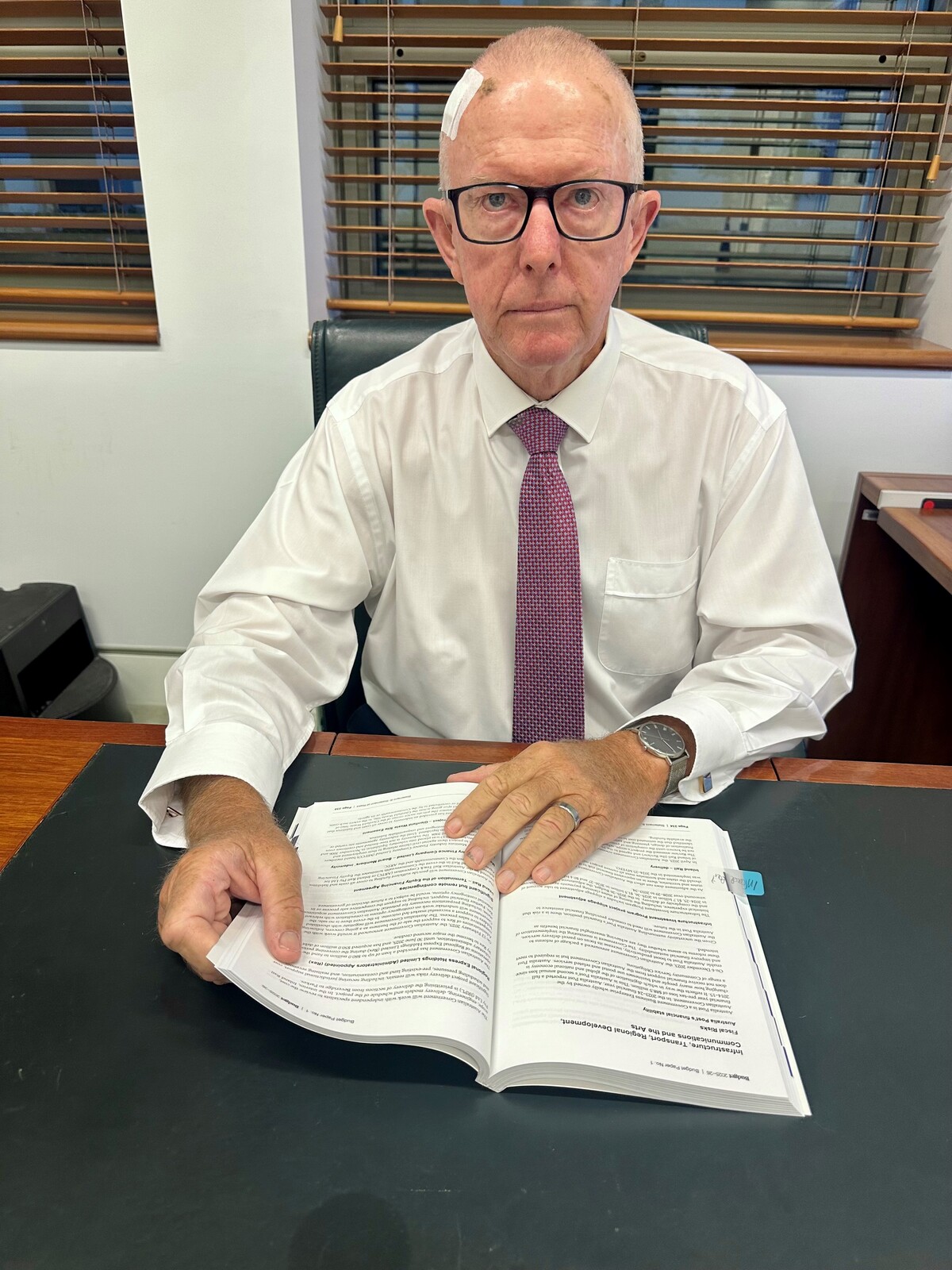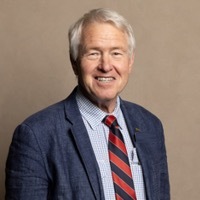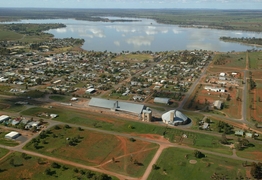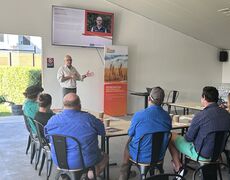Federal Budget: What's in it for regional Australia?
Lily Plass
26 March 2025, 1:49 AM
 MP Mark Coulton reviewing the federal budget. Photo: supplied.
MP Mark Coulton reviewing the federal budget. Photo: supplied.The announcement of the Albanese Government's latest budget brings both hope and disappointment for regional Australia.
Community leaders and organisations said they wished to see a more targeted approach to tackling problems vital to regional and rural Australia, such as fixing roads, more childcare, and rural healthcare.
An imminent election announcement also colours the way in which the budget is viewed by all political stakeholders.
"Regional Australians in the Parkes electorate will not only bear the brunt of more infrastructure cuts but have the extra burden of Labor’s cost-of-living crisis," Federal Member for Parkes Mark Coulton said.
Mr Coulton said funding community and infrastructure programs that strengthen regional and rural areas is essential for their survival.
“Labor has no new funding for the Stronger Communities Program, Local Roads and Community Infrastructure Program, Growing Regions Program, and the Regional Precincts and Partnership Program, critical to building community infrastructure in regional Australia,” Mr Coulton said.
“Labor has again deferred $190 million in funding for Paradise Dam, Hughenden Irrigation Scheme, and Big Rocks Weir, while hiding the cost of its Murray-Darling Basin Plan.”
Health
One of the areas that needs a stronger commitment to delivering outcomes for regional Australia is health, says President of the Australian College of Rural and Remote Medicine (ACRRM) Dr Rod Martin.
“The government has committed approximately $8.5 billion in healthcare funding over four years, and the Liberal Party of Australia has said they’ll match it - but there is little clarity on how much will directly benefit rural and remote Australians – they deserve detail and ACRRM expects it," Dr Martin said.
Crucial for regional and rural Australians is maternity care, the ACRRM President said.
"Reports of rural maternity unit closures continue to emerge from all corners of the country," Dr Martin said.
“Each closure weakens health in rural and remote communities just a little bit more.”

Dr Rod Martin - ACRRM President. Photo: ACRRM
The federal budget includes a Bulk Billing Practice Incentive Program which means practices will receive an additional 12.5 percent loading payment on their Medicare rebates when they bulk bill all patients.
Dr Martin said one of the investments rural and regional Australians can look forward to is a $265.2 million investment to expand training spots for GPs, and Rural Generalists.
“We will be watching closely to ensure these training places are allocated where they are most needed, supporting the growing demand for ACRRM training, addressing the greatest and most urgent workforce shortages, and improving healthcare for people living in rural and remote communities,” Dr Martin said.
“With an election on the horizon, this is the time for political leaders to put forward concrete plans that will make a real difference in rural and remote Australia,” Dr Martin said.
Agriculture
The federal budget promises a rosy future for the agricultural industry but NSW Farmer's CEO said there is still gaping holes for farmers.
Agricultural investment in the 2025/26 federal budget include $3.5 million for a National Food Security Strategy, $6.8 million for international engagement and market access, $20 million for a Buy Australian Campaign, and $ 2.9 million to help fresh produce supplier better negotiate with supermarkets.
Mr Martin said he welcomed those initiatives but they are not enough to tackle other problems farmers are facing such as mounting biosecurity threats.
“Promises to upgrade the Australian Centre for Disease Preparedness and deliver $11 million to fight pests, weeds, and feral animals are only a drop in the ocean, and we need much more funding to deliver a serious biosecurity regime that will defend our industry and assure our food security into the future," Mr Martin said.
“Investing in farming communities drives productivity and will deliver food security – and there’s no better investment you can make than that.
“Our government keeps talking about a future made in Australia, but how about a future grown in Australia?”, Mr Martin said.

Xavier Martin - NSW Farmer's President. Photo: NSW Farmers
The government plans to follow through with its plan to end live sheep export by 1 May 2028. To allow for a smoother transition, the government pledged $107 million to increase domestic processing and expand market opportunities.
Energy Bills
The seventy cents per day promised by the Albanese government to cut energy bills is not enough to tackle soaring costs, Mr Coulton said.
“Labor’s $150 energy rebate is a fraction of the cost of energy bills that have increased by up to $1300 since Labor came to government," Mr Coulton said.
"The proposed 70 cents a day election bribe doesn’t come in until next year, while Labor continues to run away from fixing the fundamentals of what is driving cost-of-living pressures, that regional Australia can be the solution to."
Mr Coulton said a long-term transition to nuclear energy and a short-term flooding of the market with Australian gas would be favourable for the Australian consumer.
National Broadband Network (NBN)
The government announced a $3 billion equity to finalise the NBN nationwide by 2030, providing access to nearly 336,000 premises in regional Australia.
"With this investment, alongside the Universal Outdoor Mobile Obligation, which establishes continent-wide SMS and basic voice service - Australians will be better connected, safer, and more secure," the budget stated.
Banking
The federal budget committed to keep 800 regional and remote banking branches open until at least 31 July 2027 and increase funding for Australia Post banking services.
Rex Airlines
The government is trying to keep Rex Airlines afloat with $130 million in secured loans.
NSW Farmer's President Xavier Martin said he welcomed the commitment to Rex Airlines and bank branches.



